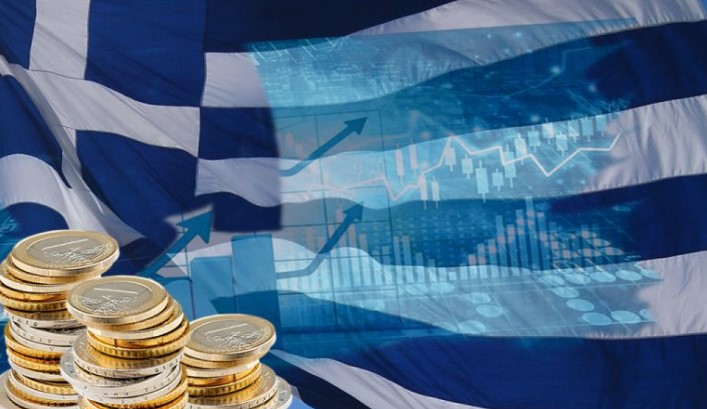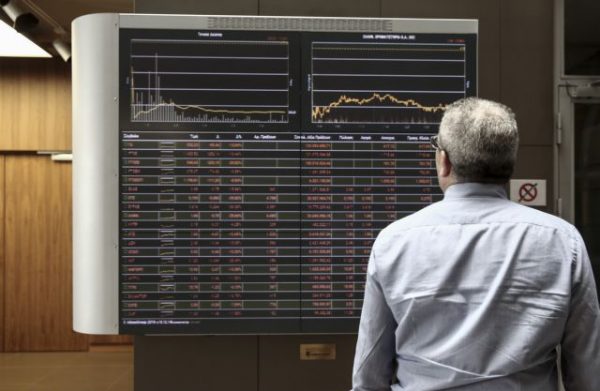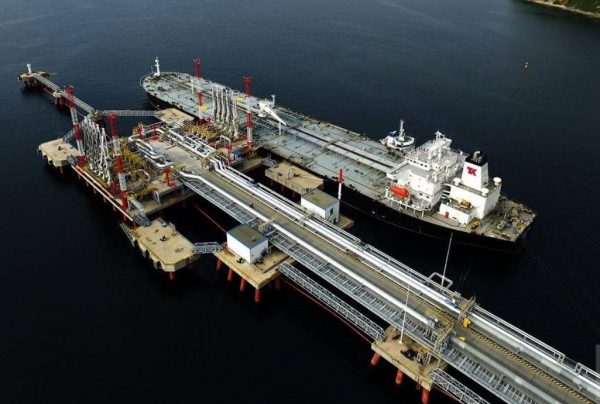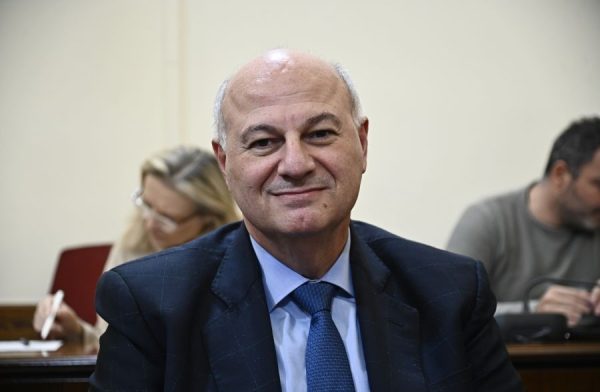
BNP Paribas “sees” growth of 1% for the Greek economy in 2023, with an acceleration to 2% for 2024. According to the analysts of the French bank, the country continues to show positive momentum, even if it is vulnerable to the deterioration of the economic situation in the rest of Europe. At the same time, BNP Paribas estimates that inflation will reach 10% this year before falling to 6% in 2023 and 2.4% in 2024.
Despite a significant increase in inflationary pressures, the Greek economy continued to grow rapidly in the first half of 2022, at a rate of 4.1%, BNP Paribas notes, with the unemployment rate falling in the third quarter of 2022 to its lowest levels since December 2009. Almost 80% of the rise in unemployment recorded during the financial crises of 2008 and 2011, which lasted from the fall of 2008 to the spring of 2013, has been reversed, analysts estimate. However, they emphasize that the Greek economy is mainly dependent on the rest of Europe for trade and energy supplies, making it particularly vulnerable to the deterioration of the economic situation on the continent.
Exit from supervision
As expected, on August 20, Greece exited the European Commission’s surveillance program, which the country had joined since 2018. Greece continues, however, like Spain, Ireland, Portugal and Cyprus, to be object of special attention by the Commission. Due to the European aid received during the sovereign debt crisis, the repayments of which some loans have to be spread over many more years, the Commission continues to closely assess the evolution of public finances and the sustainability of the country’s debt.
The country is turning a page
According to BNP Paribas, Greece’s exit from the enhanced supervision program means that the country is turning a page and showing the remarkable progress made in recent years especially on the fiscal front. The general government primary balance, which recorded a significant deficit in 2020 and 2021 due to the health crisis (the deficit amounted to 6.9% of GDP and 5.0% of GDP respectively), is expected to recover significantly in 2022, before likely to turn surplus in 2023. As a result, the public debt ratio should fall even more significantly this year than in 2021: the government aims for a reduction to around 170% of GDP, a significant improvement compared to the record recorded in 2020 (206.3%).
Strong performance
BNP notes that thanks to the strong performance of the economy and the Hercules programme, non-performing loans fell to 10% at the end of the second quarter of 2022, but warns that 2023 will be a difficult year as high inflation and rising interest rates may lead to greater payment difficulties for households and businesses.
The government can indeed count on a better-than-expected result from the increase in tax receipts and the reduction in social transfers to finance some of the inflationary assistance to households and businesses, without jeopardizing the fiscal path that has been put in the 2022 budget.
The year 2023, however, looks set to be more sensitive, with the combination of risks (high inflation, rising interest rates) further exacerbating payment difficulties for households and businesses.
Latest News

Motor Oil Results for 2024: Adjusted EBITDA of 995 mln€; Proposed Dividend of 1.4€ Per Share
Adjusted EBITDA for 2024 was down 33% yoy. The adjusted profit after tax for 2024 stood at 504 million euros, a 43% decrease from the previous year

Cost of Living: Why Greece’s 3% Inflation Is Raising Alarm
Greece appears to be in a more difficult position when it comes to price hikes, just as we enter the era of Trump’s tariffs.

Fitch Ratings Upgrades the Four Greek Systemic Banks
NBG’s upgrade reflects the bank’s ongoing improvements in its credit profile, Fitch notes in its report, including strong profitability, a reduction in non-performing exposures (NPEs), and lower credit losses

Trump to Announce Sweeping New Tariffs Wednesday, Global Retaliation Expected
With Trump's announcement just hours away, markets, businesses, and foreign governments are bracing for the fallout of one of the most aggressive shifts in U.S. trade policy in decades.

Inflation in Greece at 3.1% in March, Eurostat Reports
Average inflation in the eurozone settled at 2.2%, compared to 2.3% in February

Greece’s Unemployment Rate Drops to 8.6% in February
Despite the overall decline, unemployment remains higher among women and young people.

Jerry Kalogiratos Highlights Key Role of Energy Transition and Data Demand in LNG Outlook
Energy transition and the prospects of LNG were discussed at Capital Link’s 19th Annual International Maritime Forum, during a panel discussion with Jerry Kalogiratos (Capital Clean Energy Carriers Corp.)

Santorini Safe and Ready for a Dynamic Tourism Season
Authenticity, cultural heritage, and genuine experiences at the center of Santorini's new promotional campaign

Electricity Bills: Greece Announces Reduced Tariffs Schedule
Greece will now offer lower electricity rates between 11:00-15:00 and 02:00-04:00

Chevron Confirms Eyeing Natural Gas Exploration South of Crete
Chevron recently declared its intent to explore a third area, south of the Peloponnese.












![Τουρκία: Μεγάλες βλέψεις για παραγωγή ηλεκτρικών οχημάτων [γράφημα]](https://www.ot.gr/wp-content/uploads/2025/03/ot_turkish_autos-90x90.png)











![ΕΛΣΤΑΤ: Αυξήθηκε η οικοδομική δραστηριότητα κατά 15,6% το Δεκέμβριο [πίνακες]](https://www.ot.gr/wp-content/uploads/2025/03/DSC9655-2-1024x569-1-90x90.jpg)

















 Αριθμός Πιστοποίησης
Αριθμός Πιστοποίησης